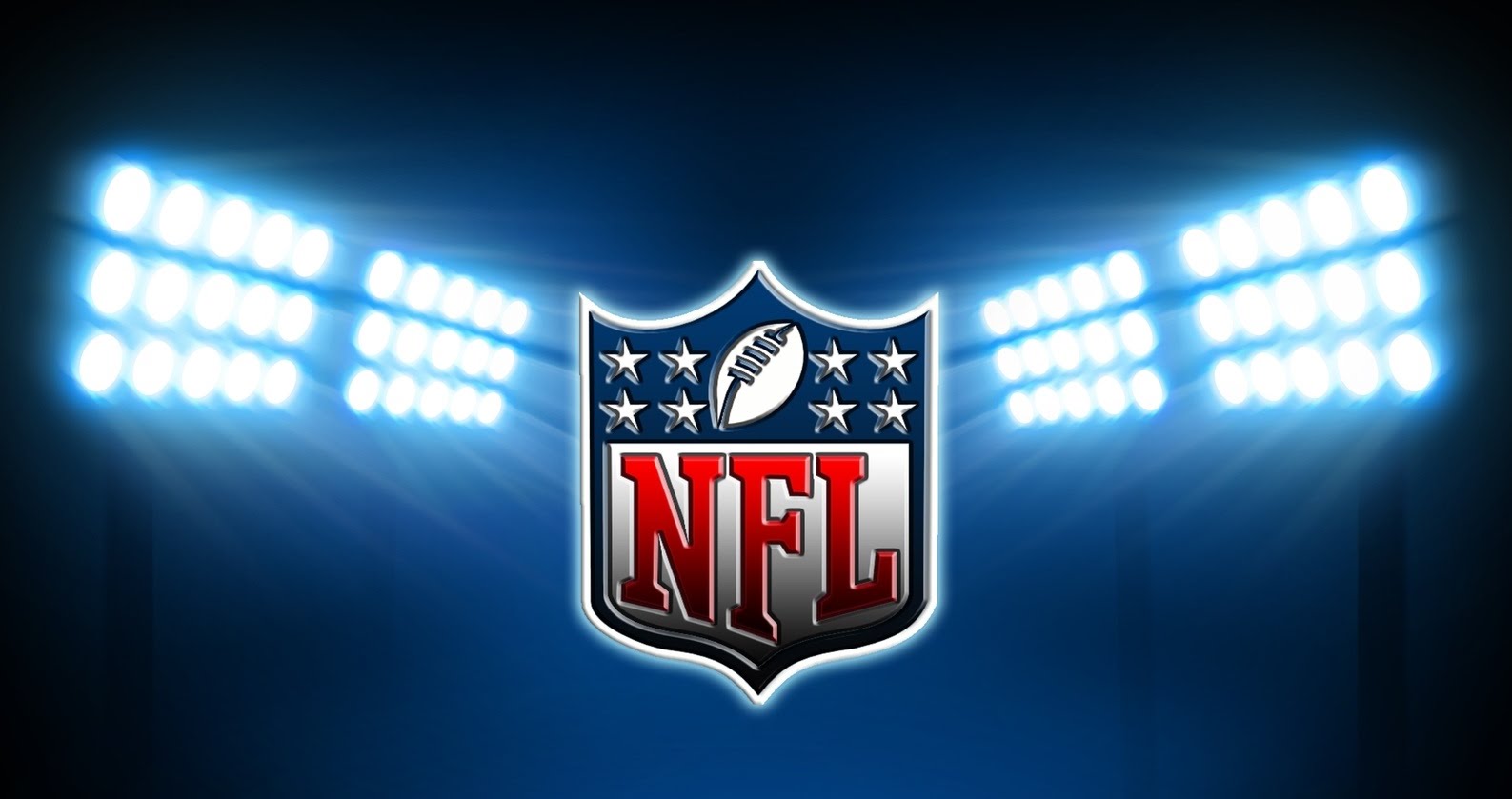Less than 15 minutes before the first pick of the 2016 NFL Draft, a tweet set Laremy Tunsil’s world alight. Posted from his own Twitter account, the tweet showed Tunsil smoking out of a bong/gasmask contraption that’s a mystery unto itself. The 6-foot-5, 315-pound offensive line prospect, previously in consideration for the No. 1 overall pick and the associated $27.9 million dollar contract, plummeted. Finally picked 13th overall by the Miami Dolphins, Tunsil’s quick plunge into disappointment wasn’t through.
Minutes after being drafted, Tunsil’s own Instagram seemingly turned against him. Two images were posted that showed a supposed text conversation between Tunsil and the assistant athletics director at Ole Miss in which Tunsil asks for money to cover his rent and his mother’s utilities bill. Such an arrangement, which is in direct violation of NCAA regulations for amateur athletes, is rumored to be commonplace in college football. But tangible evidence, however suspect, shakes the “don’t ask, don’t tell” attitude that the NCAA seems to have adopted. Upon being directly asked if he’d accepted money from his coaches, Tunsil affirmed, “I’d have to say yeah.”
The most recently audited numbers show that the NCAA made almost $900 million in profit in 2011-2012. Is it absurd to consider that players like Tunsil should be compensated for what they do for college football? Of course not. Regardless, Ole Miss, already under investigation for recruiting violations, is not going to enjoy the upcoming months.
There’s a precursor here: In 1986, Southern Methodist University was given the “death penalty” for maintaining a “slush fund” of cash to make under-the-table payments to players. In response, the NCAA canceled SMU’s 1987 schedule entirely — the only time a program had an entire season wiped out in NCAA history.
Tunsil himself is off to the NFL and as such doesn’t need to sweat the NCAA ramifications. However, he’s got another issue to deal with: the NFL’s draconian marijuana policy. The video that caused his draft stock to drop is rumored to be several years old — and indeed, Tunsil passed every drug test he took in college. Regardless, plenty of high profile players — Le’Veon Bell and Josh Gordon for example — have recently been suspended for testing positive for marijuana. NFL teams simply won’t take the risk of losing a star to a suspension.
The NFL’s hard-line stance on weed is particularly curious in contrast to its willful ignorance of the long-term consequences of playing football. Yes, it’s scientifically proven that repeated head trauma, such as the trauma of game day, has dire behavioral and cognitive impacts. It’s true that more ex-players than ever are bankrupt, depressed and cognitively impaired. But the NFL chooses to police players who smoke weed on the weekends.
A draft prospect being hacked by a former financial adviser set on revenge is an isolated, albeit heinous and unfortunate, instance. One can only hope that Tunsil’s misfortune triggers some analysis of priorities at the NCAA and NFL levels.
Jack Siglin is a junior physiology and neurobiology major. He can be reached at jsiglindbk@gmail.com.



